:max_bytes(150000):strip_icc()/hlt-gum-dual-action-tongue-cleaner-brush-scraper-ashleigh-morley-5-586665127f0e4210af7b62a25f7f5416.jpeg)
Fresh Start, But at What Cost?
Let’s be honest for a second—most of us wake up with our mouths feeling like a funky petri dish. And if you’re anything like me, you’ve probably heard a dozen times that cleaning your tongue is the secret weapon to conquering dragon breath and next-level freshness.
But here’s the quiet part we rarely say out loud: Are we scrubbing away more than we should? Is tongue scraping actually messing with our health in ways we’d never expect—beyond just a sore tongue?
If you’re getting that gut feeling (yeah, pun intended) that there’s more to the story, you’re not wrong. Let’s dig into tongue scraping side effects together…the good, the bad, and the “wait, what?” in between.
Why Are We Even Scraping?
Just for That Clean Feeling?
If you’ve tried it, you know the drill: wake up, coffee, scrape the weird white film off your tongue, and suddenly you can actually taste breakfast. That’s honestly kinda magical.
And to be fair, it’s not all hype. Research shows scraping removes leftover food, bacteria, dead cells—the usual suspects behind bad breath, weird taste, and gross tongue gunk. Some studies even suggest that scraping can make food taste brighter…like you’re a super-taster or something. (If you’ve ever scraped, then immediately eaten a strawberry, you’ll know what I mean!)
Plus, let’s not ignore the confidence boost. If you’re worried about breath or oral health, it’s empowering to feel like you’re doing something good…right?
Table: Scraper vs. Brush (The Facts, Not the Fads)
| Tool | Pros | Cons |
|---|---|---|
| Tongue Scraper | Removes debris quickly; leaves tongue super-smooth; can improve breath fast | If you go hard, expect soreness; easy to overdo it |
| Toothbrush | You’ve already got one; feels gentler; less intimidating | May not reach the stubborn white tongue coating; not as thorough for some people |
Hitting the “Too Clean” Button
Can You Overdo Tongue Scraping?
This is where things get spicy…not “jalapeño-on-your-tongue” spicy, but awkward spicy. A little tongue scraping? Pretty safe for most people. But too much? You can totally cross the line into ouch-territory:
- Irritation and Soreness: Scraping too hard—or too often—can leave your tongue red, raw, or just generally mad at you. Think about over-exfoliating your skin but in your mouth. WebMD shares more on this delicate balance.
- Temporary Loss of Taste: Been there, done that. The first time I scraped obsessively (twice a day, every day, for a week), French fries barely tasted like potatoes. Turns out, taste buds need TLC, too, and overzealous scraping irritates them enough to go on strike — more here.
- Bleeding & Micro Abrasions: It’s not uncommon to see a pink toothbrush or a bit of blood if you’re going at it like you’re sanding furniture. That’s your mouth telling you, “hey, maybe chill a little.”
- Sensitivity to Spicy or Acidic Foods: Irritated tongues don’t like spicy salsa, hot sauce, even orange juice. Everything feels several notches hotter or more sour than before. (Personal confession: I had to skip tacos for two days…total tragedy.)
Most of the time, these tongue scraping side effects fade once you take a break and let your tongue heal. But it’s a clear sign your cleaning habits might need a reset.
The Hidden World On Your Tongue
Wasn’t All Bacteria Bad?
Here’s the wild twist nobody warned us about in health class: your tongue isn’t just a holding pen for germs and funk. It’s home to an entire universe of bacteria—some good, some not-so-good. The “good” guys? They help control the “bad” ones and even play a part in bigger things…like your blood pressure.
Wait, Tongue Scraping May Mess with Heart Health?
This is where things get a bit science-y (but stick with me).
So, the back of your tongue hides special bacteria that take nitrates from green veggies (think spinach and beets) and turn them into nitric oxide. Nitric oxide is like nature’s blood pressure medication—relaxes your blood vessels, keeps pressure down, and generally keeps your heart happy. According to research on the oral microbiome and heart health, messing with this bacterial crew by over-scraping could lower your nitric oxide levels…and nudge up your blood pressure over time.
It’s not just scraping that’s blamed. Even mouthwashes that nuke all bacteria have been linked to similar blood pressure jumps. All this to say: “clean” isn’t always “healthier.” Sometimes you really can have too much of a good thing (like, yes, tongue scraping).
Curious how your oral health and overall balance fit together? Check out our full scoop on tongue scraping and gut health
The Rare Risks (But Real Ones)
Could Something Serious Happen?
Most of us will never have a major issue from tongue scraping—let’s just put that out there. But there’s always that rare story that makes you pause.
Case in point: one study documented a person who got a heart infection (endocarditis) after scraping their tongue so vigorously that bacteria were able to sneak past the gums and into the bloodstream — read the case here. Scary, right?
This is super rare, and mostly a warning for anyone with special heart conditions or artificial valves—but it’s a reminder that aggressive oral hygiene isn’t always “better.” Gentle wins the race. If you’re at higher risk, talk to your dentist or doctor before picking up that scraper.
So… How Much Scraping Is Just Right?
Goldilocks Your Routine
Most dental pros say once a day is plenty—ideally in the morning before you brush your teeth for more details. Light pressure, front to back. And if the white coating is stubborn? Don’t bear down—give it time. Some folks (like me, with extra-sensitive taste buds) might do better with every-other-day or just a gentle brush with your regular toothbrush. Nobody’s grading your tongue-cleaning routine, I promise.
Table: Do’s and Don’ts for Safe Tongue Scraping
| Do This | Avoid That |
|---|---|
| Gently scrape once daily, before brushing teeth | Scraping hard (you can hurt your taste buds and irritate the surface) |
| Use a dedicated scraper, or a soft toothbrush if that works for you | Using a dirty scraper (gross…just, no) |
| Pause if you feel pain, bleeding, or sensitivity | Scraping more than twice daily—you’re not power washing a deck |
| Talk to your dentist if you have special health conditions | Ignoring ongoing discomfort (your body is talking—listen!) |
Everything in Balance—Even Cleanliness
Do You Need To Scrape?
Not everyone needs to scrape. Some people have pink, clean tongues with minimal effort. Others—coffee fans, mouth breathers, folks with allergies—might find scraping makes a big difference. For me, I scrape most mornings, skip days when my tongue feels fine, and trust my body’s signals. If taco night suddenly stings, I back off—even if internet “wellness gurus” say more is better. I’ve definitely learned the hard way that moderation and kindness to ourselves wins.
For those looking for added wellness or metabolic boosts, there’s talk about ties between oral bacteria, digestion, and even metabolism. Curious? (I mean, who isn’t a little intrigued by easy health wins?) Check out more on tongue scraping weight loss and how your mouth might connect to your body’s bigger health picture.
So, What About the Gut?
Mouth Health, Gut Health…The Weird But True Link
The connection between your mouth’s health—especially the “good” bugs—and your gut is getting attention. Some of those friendly tongue bacteria may play a behind-the-scenes role in your digestion or even immunity. Wiping them all out could, in theory, mess with your gut’s balance. If you’re into the nitty-gritty (or if you’ve ever wondered why you get tummy rumbles after trying a new routine), don’t miss our deeper dive on tongue scraping and gut health.
Basically: your body is one big, messy, interconnected system…sometimes the things we do “up top” can ripple down to the rest.
Quick Story Break…
Okay, personal share time. A couple years ago, I got totally obsessed with cleaning routines (think: high pandemic vibes). Scraped my tongue morning and night, used antiseptic mouthwash, the works. For a month? My breath was amazing, tongue was pink, but suddenly I couldn’t enjoy coffee—like, it tasted weirdly salty. I kept reading, dialed my routine back to three times a week, and poof! Everything normalized. Lesson learned: sometimes less truly is more…and your taste buds know best.
Wrapping Up: Should You Keep Scraping?
So, what’s the takeaway? Tongue scraping has its perks: fresher breath, maybe better taste, and a sense of “hey, I’m crushing this wellness thing today!” But those tongue scraping side effects? They’re real—from short-term tingle and taste weirdness, to maybe even long-term microbiome shakeups and rare but seriously scary infections.
Here’s my totally unpolished, friend-to-friend advice: You know your mouth. You know what feels normal or off. Start slow. Listen to your tongue. Mix in a few gentle scraping sessions each week if you want, but don’t go overboard. No one gets an award for the pinkest, cleanest tongue on Instagram.
If you notice anything off—a sore patch, taste changes, or even just a gut feeling—pause. Chat with your dentist or doctor if you have unique medical stuff going on. Let’s remember: your health is made for real life, not a shiny YouTube “routine.”
Want more real talk on oral health, weight connection, and gut vibes? Check out our takes on tongue scraping weight loss and tongue scraping and gut health. If you’ve got a story (good, bad, or weird), drop it below or share with your friends. Here’s to clean mouths, happy guts, and a little less stress about “doing it all right” every single day.

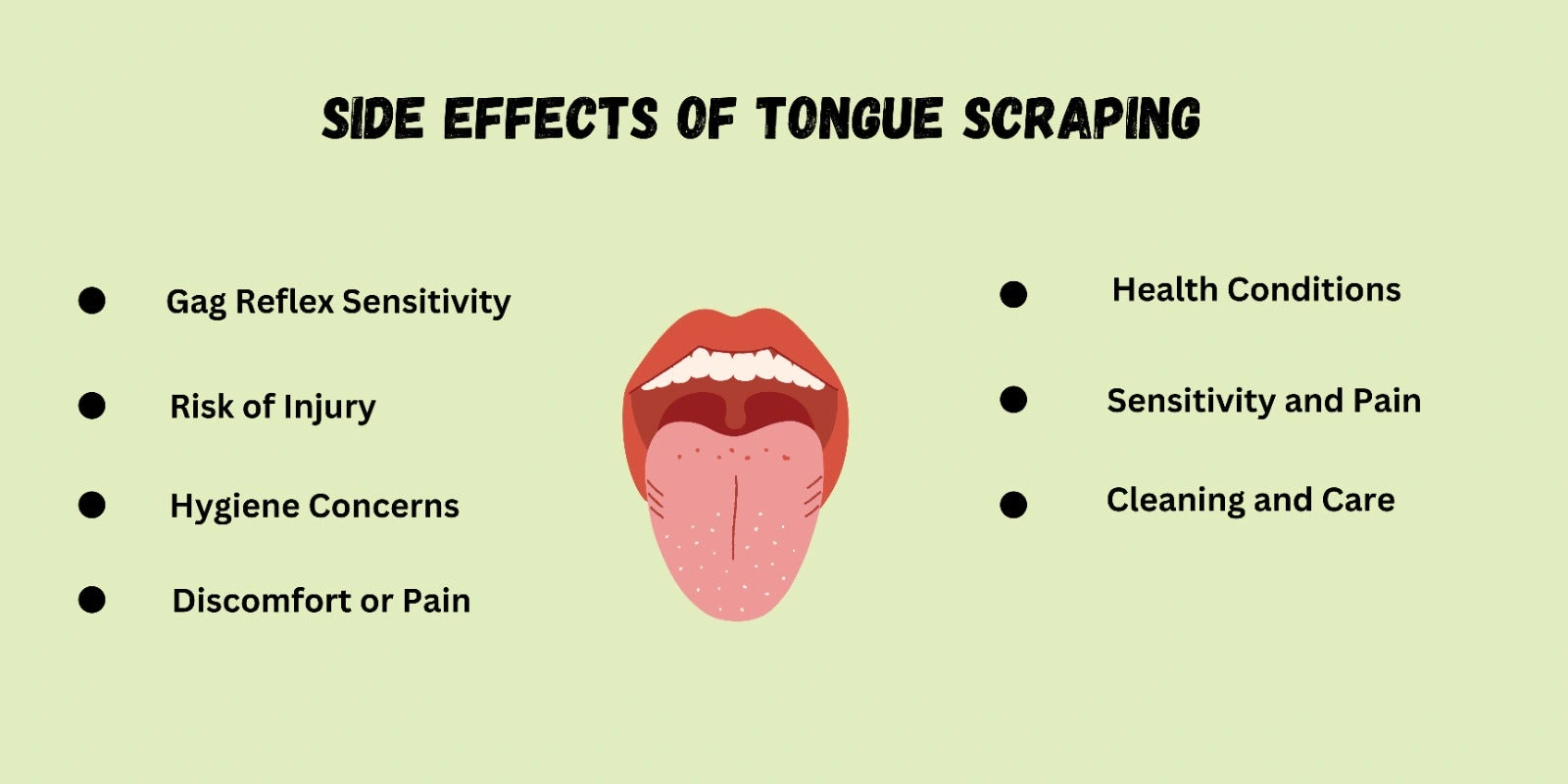

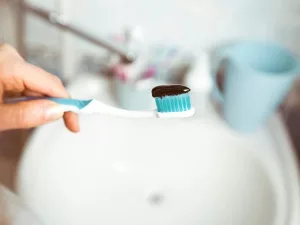
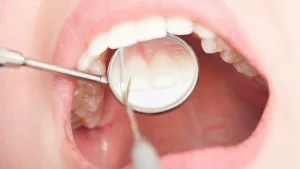
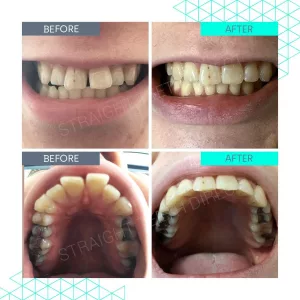
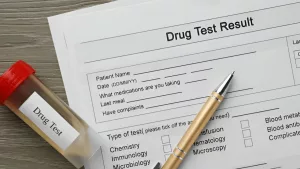
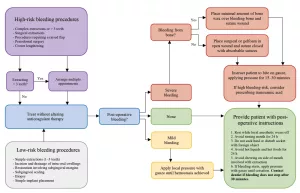

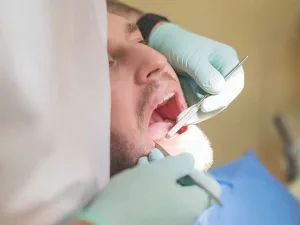



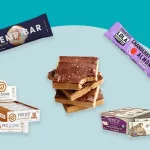


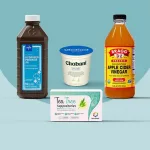

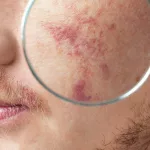

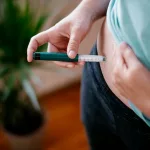


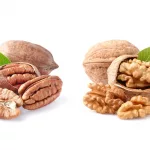

Leave a Reply
You must be logged in to post a comment.